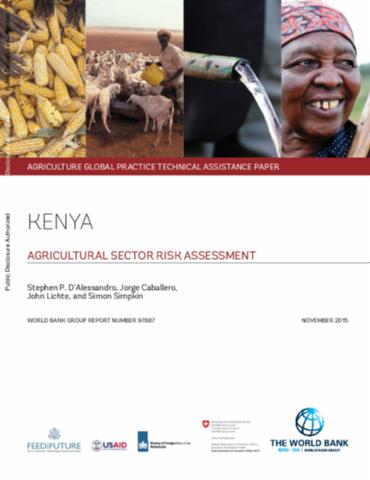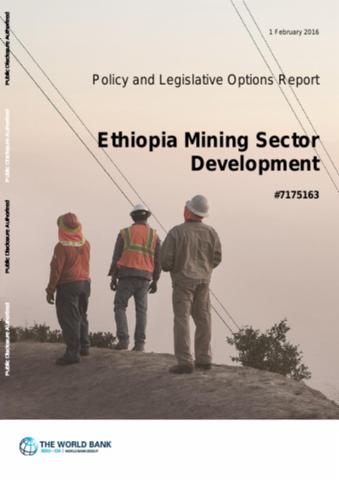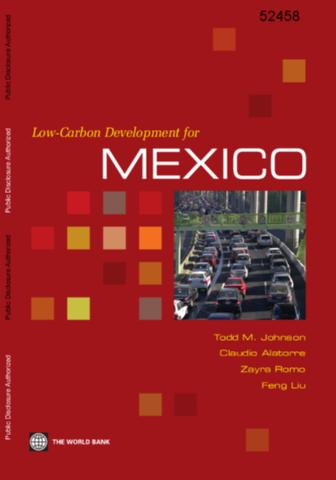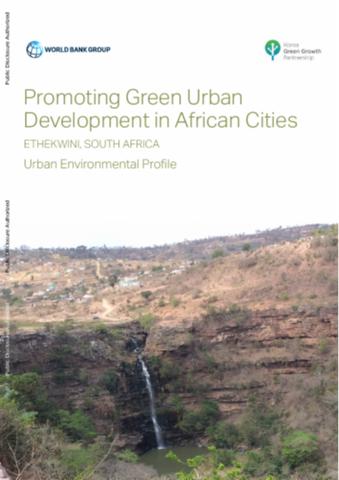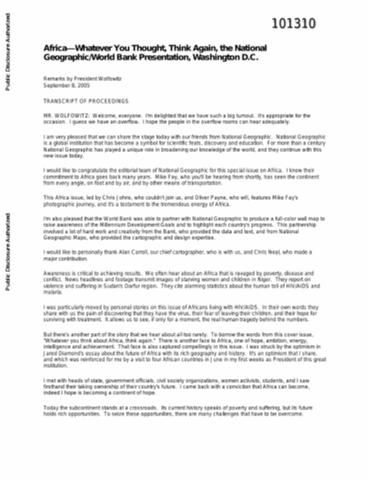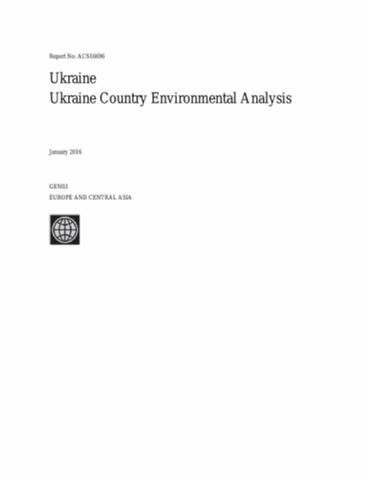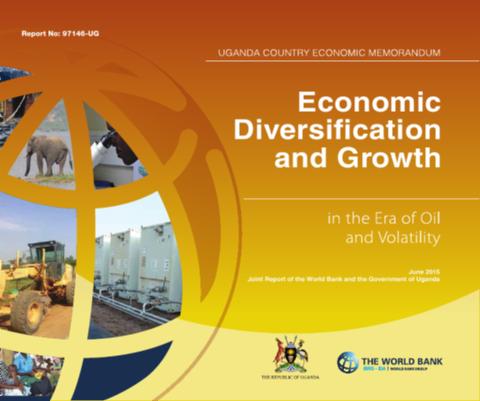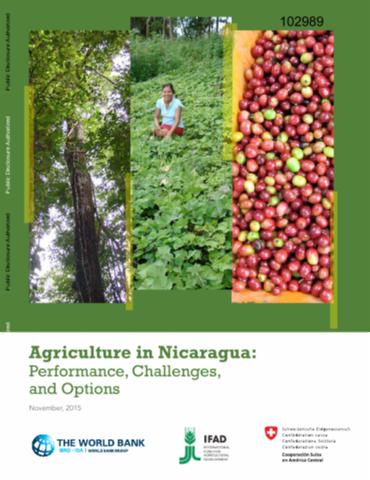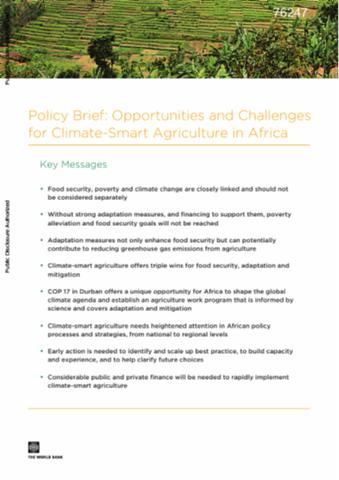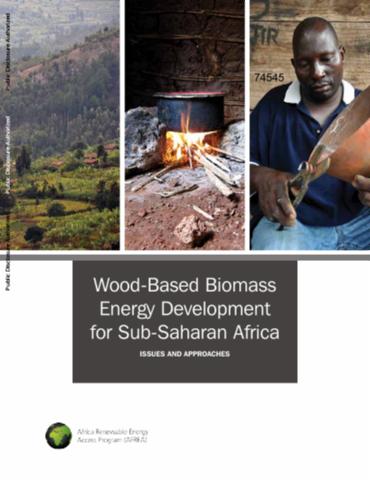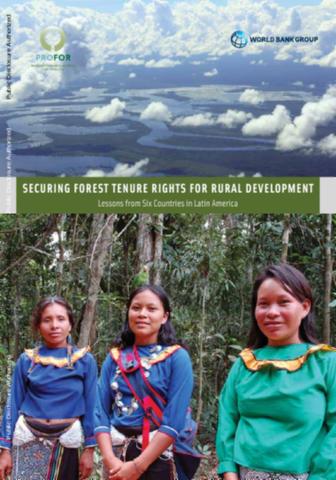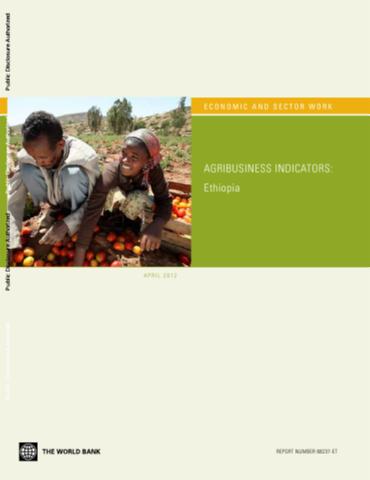Kenya
Despite myriad challenges, Kenya has emerged in recent years as one of Africa’s frontier economies, with headline growth in the most recent decade propelling the country toward middle-income status. Less well understood is how risk dynamics associated with production, markets, and policy adversely impact sector performance, in terms of both influencing ex ante decision making among farmers, traders, and other sector stakeholders and causing ex post losses to crops, livestock, and incomes - destabilizing livelihoods and jeopardizing the country’s food security.

